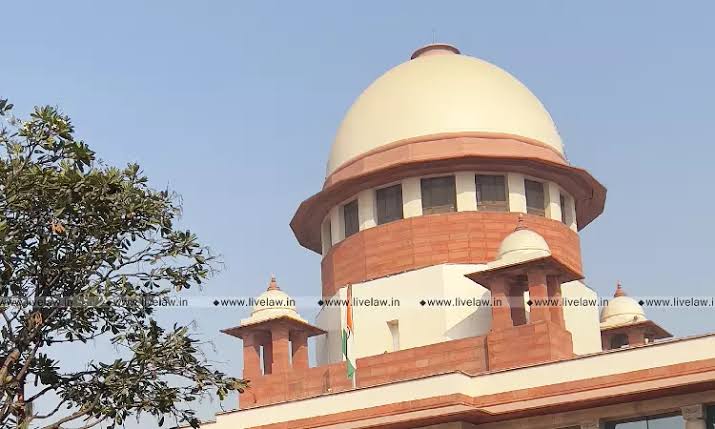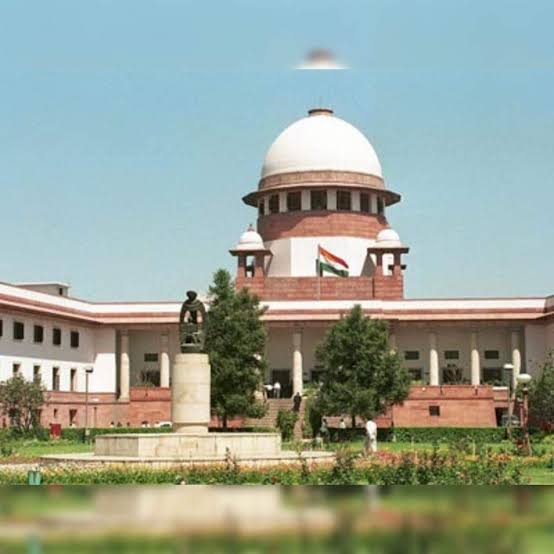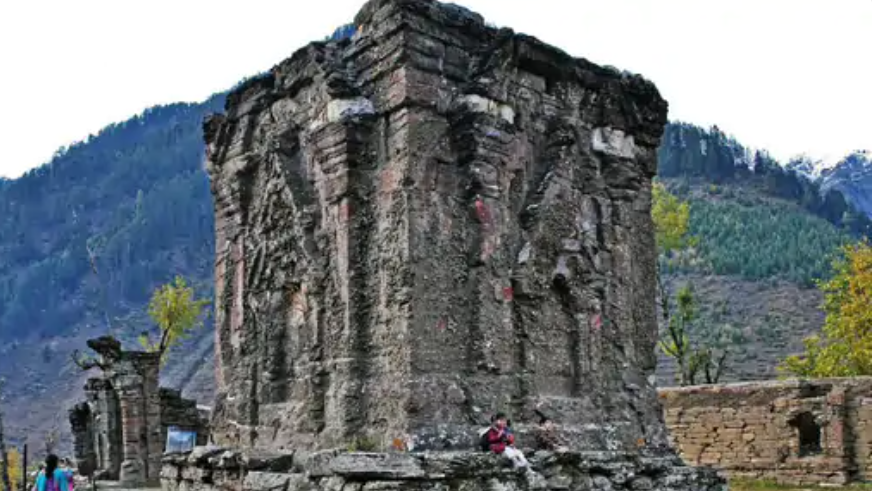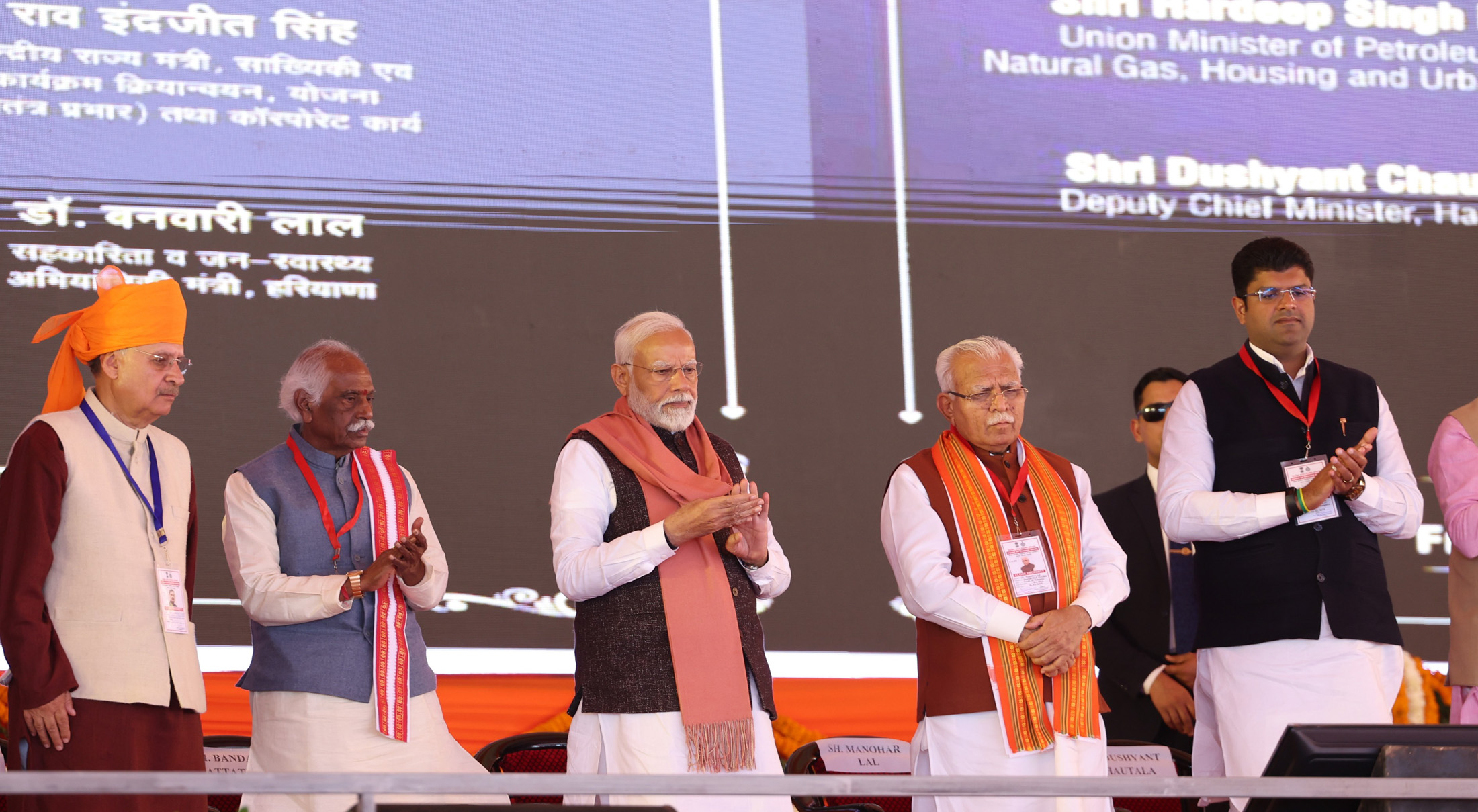The Supreme Court of India has taken a significant step by staying the Lokpal’s decision to entertain a complaint against a sitting High Court judge. This move comes as the Court expressed strong reservations about the Lokpal’s reasoning, calling it “very disturbing.”
 A bench comprising Justices BR Gavai, Surya Kant, and Abhay S Oka issued a notice to the Union Government, as well as the Registrar General of the Lokpal and the complainant. The Court also barred the complainant from disclosing the identity of the High Court judge involved or revealing the contents of the complaint.
A bench comprising Justices BR Gavai, Surya Kant, and Abhay S Oka issued a notice to the Union Government, as well as the Registrar General of the Lokpal and the complainant. The Court also barred the complainant from disclosing the identity of the High Court judge involved or revealing the contents of the complaint.
Solicitor General Tushar Mehta argued that the Lokpal had misinterpreted the law, asserting that High Court judges were never meant to fall under the Lokpal’s jurisdiction. The bench seemed to agree, noting that High Court judges, as constitutional authorities, could not be treated merely as statutory functionaries.
Senior Advocate Kapil Sibal also voiced his opposition to the Lokpal’s decision, urging the Supreme Court to intervene. The controversy stems from a January 27 order in which the Lokpal ruled that a sitting High Court judge could be investigated under Section 14(1)(f) of the Lokpal Act. This section covers individuals in bodies established by an Act of Parliament, and the Lokpal reasoned that since the High Court in question was created by parliamentary legislation for a newly formed state, it fell within this definition.
The Lokpal, led by former Supreme Court judge Justice AM Khanwilkar, emphasized that its ruling only addressed the issue of jurisdiction and did not assess the merits of the complaint. However, the Supreme Court’s intervention suggests serious concerns about this interpretation of the law.
Previously, the Lokpal had clarified that it lacked jurisdiction over the Chief Justice of India or Supreme Court judges since the Supreme Court itself was not a body established by an Act of Parliament. This latest ruling, however, marked an expansion of its authority, prompting the Supreme Court’s immediate response.
The case underscores the delicate balance between judicial independence and accountability mechanisms. While the Lokpal was established to tackle corruption at high levels, its authority over the judiciary remains a contentious legal question. The Supreme Court’s stay on the order signals its intent to carefully examine the limits of the Lokpal’s jurisdiction and ensure that constitutional principles are upheld.




